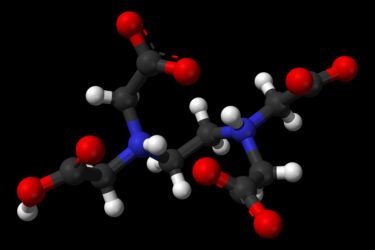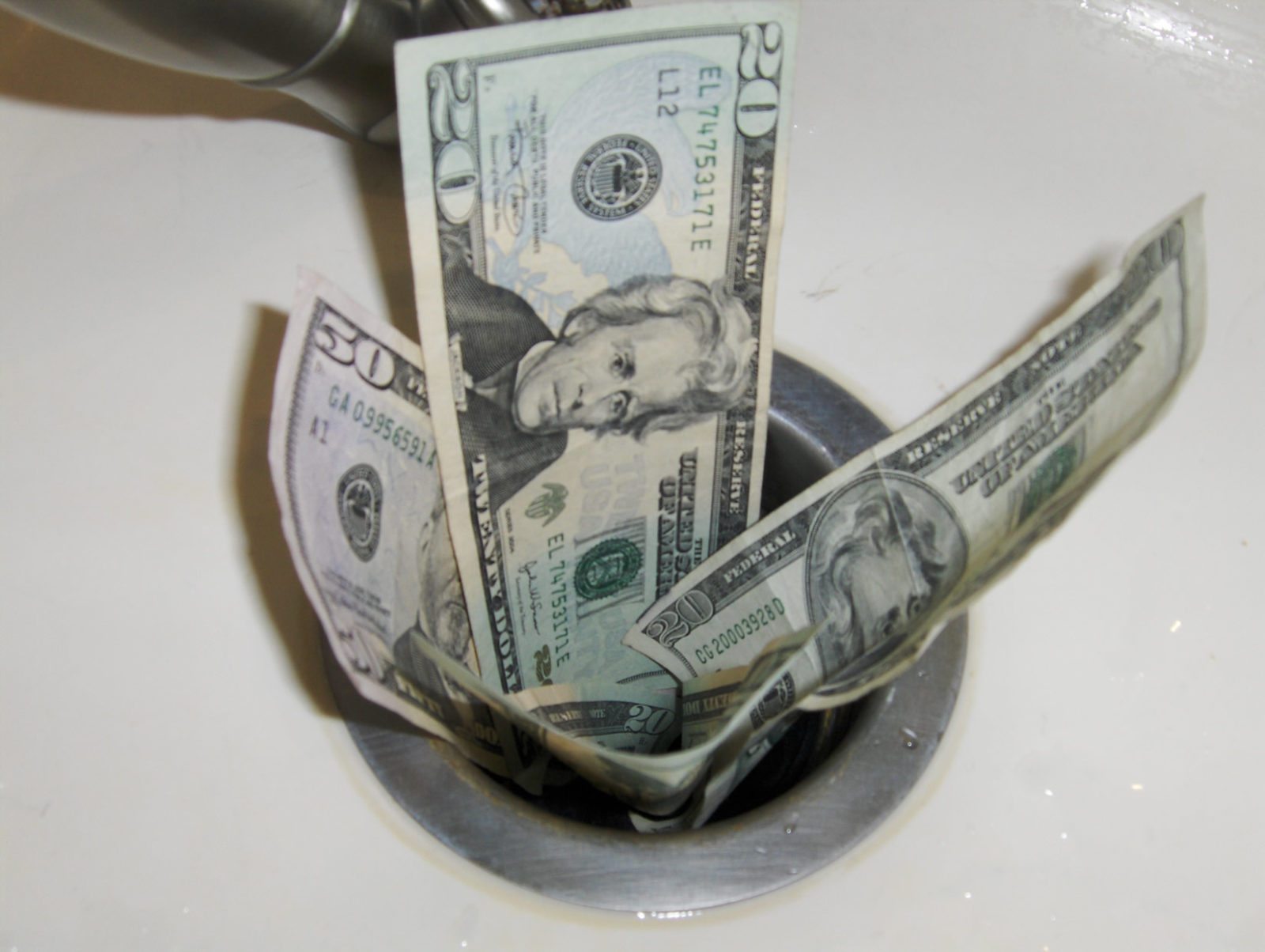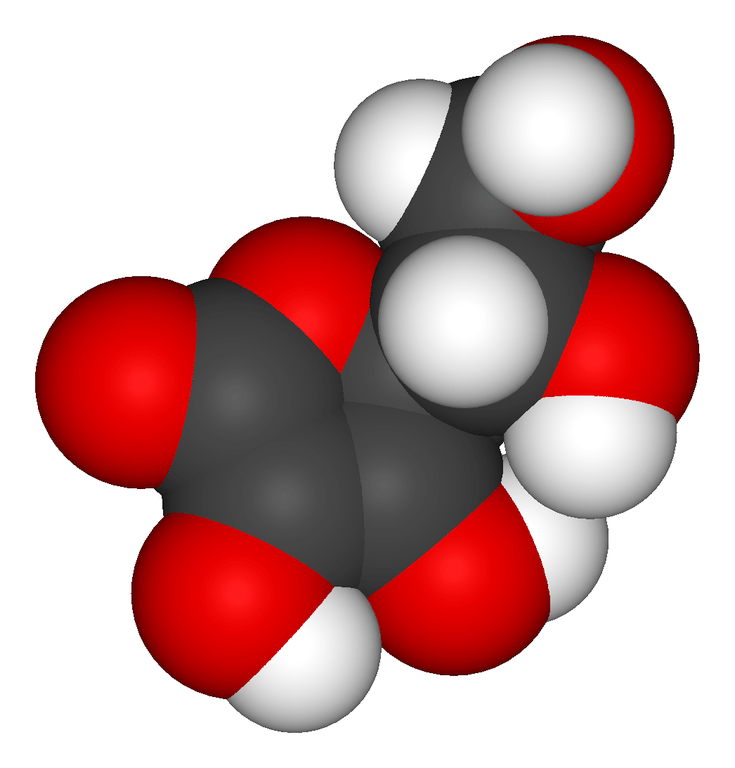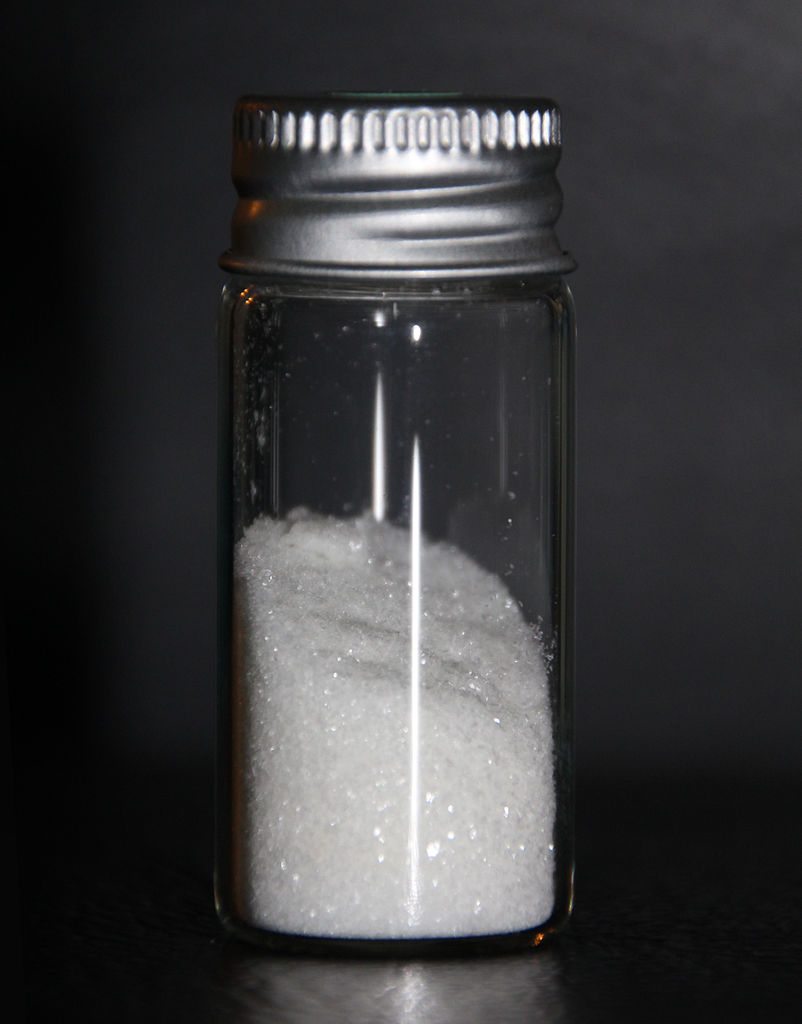Tag: Trial to Assess Chelation Therapy

We finally learn from TACT2 what we should have known two decades ago: Chelation therapy doesn’t work for heart disease
At SBM, we've long argued that chelation therapy for heart disease is quackery. An abstract presented recently finally confirmed that. Why did it take so long?

Son of (the unethical and unscientific) Trial To Assess Chelation Therapy rears its ugly head to the tune of $37 million
First, the NCCIH and NHLBI spend $30 million on a clinical trial of quackery for cardiovascular disease that produces predictably negative to at best equivocal results. Then that result, apparently, is enough to justify wasting another $37 million on a followup study—while dozens of other deserving studies go unfunded. Meanwhile STAT News lionizes the principal investigator of both trials as a brave...
The Hippocrates Health Institute: Cancer quackery finally under the spotlight, but will it matter?
I first came across Brian Clement, the proprietor of the Hippocrates Health Institute in West Palm Beach, Florida, a little more than a year ago based on the story of Stephanie O’Halloran. Ms. O’Halloran was—word choice unfortunately intentional—a 23-year-old mother of an 18 month old child from Ireland who was diagnosed with stage IV breast cancer in 2013, with metastases to her...
Of the Trial to Assess Chelation Therapy, Bayes, the NIH, and Human Studies Ethics
An experiment is ethical or not at its inception; it does not become ethical post hoc—ends do not justify means. ~ Henry K. Beecher A couple of weeks ago, Dr. Josephine Briggs, the Director of the National Center for Complementary and Alternative Medicine (NCCAM), posted a short essay on the NCCAM Research Blog touting the results of the Trial to Assess Chelation...

The return of the revenge of high dose vitamin C for cancer
Vitamin C is back in the news as a cancer cure. Is it? No, no it is not.

More evidence that routine multivitamin use should be avoided
If scientific evidence guides our health decisions, we will look back at the vitamin craze of the last few decades with disbelief. Indiscriminate use is, in most cases, probably useless and potentially harmful. We are collectively throwing away billions of dollars into supplements, chasing the idea of benefits that have never materialized. Multivitamins are marketed with a veneer of science but that...

The result of the Trial to Assess Chelation Therapy (TACT): As underwhelming as expected
Chelation therapy. It’s one of the most common quackeries out there, used by a wide variety of practitioners for a wide variety of ailments blamed on “heavy metal toxicity.” Chelation therapy, which involves using chemicals that can bind to the metal ions and allow them to be excreted by the kidneys, is actually standard therapy for certain types of acute heavy metal...
The Trial to Assess Chelation Therapy: Equivocal as Predicted
The ill-advised, NIH-sponsored Trial to Assess Chelation Therapy (TACT) is finally over. 839 human subjects were randomized to receive Na2EDTA infusions; 869 were randomized to receive placebo infusions. The results were announced at this weekend’s American Heart Association meeting in Los Angeles. In summary, the TACT authors report a slight advantage for chelation over placebo in the “primary composite endpoint,” a combination...
Dummy Medicine, Dummy Doctors, and a Dummy Degree, Part 2.2: Harvard Medical School and the Curious Case of Ted Kaptchuk, OMD (cont. again)
“Strong Medicine”: Ted Kaptchuk and the Powerful Placebo At the beginning of the first edition of The Web that has no Weaver, published in 1983, author Ted Kaptchuk portended his eventual academic interest in the placebo: A story is told in China about a peasant who had worked as a maintenance man in a newly established Western missionary hospital. When he retired...
Of SBM and EBM Redux. Part IV: More Cochrane and a little Bayes
NB: This is a partial posting; I was up all night ‘on-call’ and too tired to continue. I’ll post the rest of the essay later… Review This is the fourth and final part of a series-within-a-series* inspired by statistician Steve Simon. Professor Simon had challenged the view, held by several bloggers here at SBM, that Evidence-Based Medicine (EBM) has been mostly inadequate...

